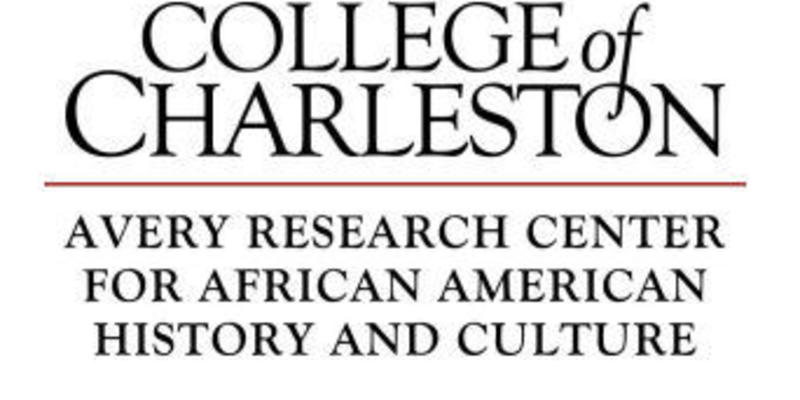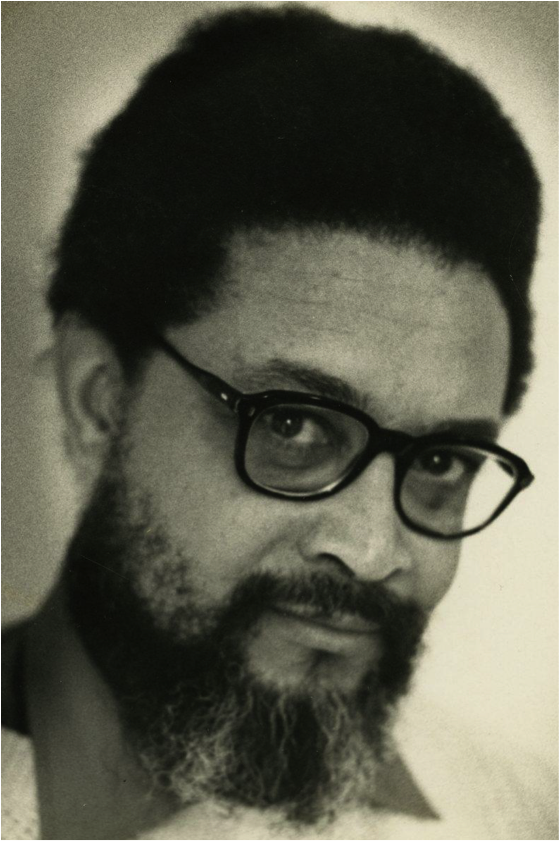
For MLK weekend 2017 I was asked to sit in on an oral history interview honoring Charleston’s very own James Eber Campbell.
The interview was a South Carolina Progressive Network project conducted by University of South Carolina professor, Dr. Bobby Donaldson. Dr. Donaldson directs a project called Columbia SC 63: Our Story Matters which documents the history of the civil rights movement in South Carolina’s capital city. Mr. Campbell, on the other hand, is a retired activist educator.

Throughout his career he worked to reform education in America by developing and implementing African American and other multicultural studies programs for grades K-12 and at the university level. He worked alongside activists like Amiri Baraka, Malcolm X, Fannie Lou Hamer and Septima Clark to name a few. His worked spanned many struggles from the labor movement to civil rights to African liberation and many more.
Today, approaching his 93rd birthday, Campbell continues to be active in the social justice movement in Charleston and beyond. He and his colleagues with the Committees of Correspondence for Democracy and Socialism recently published booklet, The Struggle for a Substantive Democracy: An Organizing Framework and Study Guide for Activists. Last year I received a signed copy from Campbell and was encouraged to review for it for students referencing it during a program with the Carl Bloice Institute. Before that Campbell invited me to participate in a study group on Climbin’ Jacob’s Ladder: The Black Freedom Movement Writings of Jack O’Dell. He also sends out weekly emails around current events impacting the community. He’s constantly enriching those around him.
I’m glad to see an historian like Dr. Donaldson taking an interest in Mr. Campbell and his life’s work. I published my master’s thesis on Mr. Campbell in 2013 and there were very few publications on him at the time despite the fact that his educational reform work has been so revolutionary. Ever since the first day I met Mr. Campbell I was intrigued by him, the way he thought, the things he’d done and the people he knew. I feel so honored to know him and to have had the opportunity to study him while he’s still living and active in the community.
To me, he is the definition of a living legend.
Born and raised in downtown Charleston, South Carolina, Campbell is the son of a retired teacher who graduated from the Avery Institute, the same year as Septima Clark, and went on to cultivate a thirst for learning in her son at a very early age. His father was the hardworking descendant of a woman who had been enslaved during her youth and her mother, Campbell’s great grandmother, was also enslaved. Campbell grew up hearing stories about how she had been whipped and, reflecting on these stories later in life, he concluded she must have been beaten because she was resisting her oppression in some way. The idea of this served as a “family grounding” for him.
Throughout his life he had mentors he could turn to for guidance both in and outside his family. He was instilled with a sense of pride in and responsibility for his community. These were the foundations laid for him early on that served him as he went on to fight in in two wars, attend college and graduate school and start a family. All the while never forgetting the importance of community, social justice and giving back while constantly pushing forward.
A collection of papers documenting Mr. Campbell’s life is on file at the Avery Research Center for African-American History and Culture in downtown Charleston and, once it becomes available, a copy of the oral history interview conducted by Dr. Donaldson will be housed there as well. Dr. Donaldson met Campbell at the Modjeska Simpkins House which serves at the headquarters of the SC Progressive Network in Columbia, South Carolina. He too was intrigued by Campbell’s life and his interview will add to several others conducted with Campbell over the years to document his life and his work in the movement. Places like the Avery Research Center play a key role in preserving the history of individuals like Campbell for future generations.
As time progresses I hope Mr. Campbell’s achievements receive more recognition, especially here in his hometown.
Sadly we tend to wait until folks are dead and gone before we recognize their accomplishments. As we continue to celebrate the legacy of Rev. Dr. Martin Luther King, Jr. and move on into black history month, I want to take a moment to let Mr. Campbell to know—your work matters. Thank you for your sacrifices. Thank you for continuing to share your wisdom.